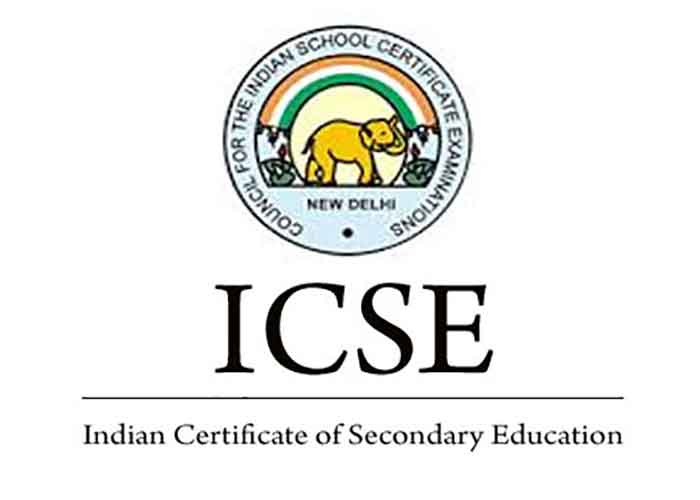In the realm of Indian education, the Indian Certificate of Secondary Education (ICSE) and the Central Board of Secondary Education (CBSE) stand as two prominent boards, each catering to a specific educational philosophy and approach. While both boards aim to provide a holistic and comprehensive education for students, they differ in their curriculum, teaching methodologies, and assessment patterns. Understanding the nuances between ICSE and CBSE empowers parents and students to make informed decisions about their educational journey.
ICSE: A Focus on Rigorous Academics and International Exposure
The ICSE board, established in 1958, is affiliated with the University of Cambridge International Examinations. It is known for its rigorous academic curriculum, which emphasizes in-depth subject knowledge, critical thinking, and analytical skills. ICSE schools typically adopt a more traditional teaching approach, focusing on lectures, discussions, and written examinations.

Key Features of ICSE:
Emphasis on English language: ICSE places a strong emphasis on English language proficiency, preparing students for international examinations and higher education opportunities abroad.
Rigorous curriculum: ICSE’s curriculum is known for its depth and breadth, covering a wide range of subjects, including science, mathematics, humanities, and languages.
International recognition: ICSE qualifications are recognized by universities and organizations worldwide, providing students with global educational mobility.
CBSE: A Focus on Practical Application and National Integration
The CBSE board, established in 1929, is the largest educational board in India, affiliated with the Ministry of Education. It emphasizes practical application, holistic development, and national integration. CBSE schools adopt a more interactive and hands-on teaching approach, incorporating projects, group activities, and practical examinations.

Key Features of CBSE:
Practical emphasis: CBSE focuses on developing students’ practical skills and problem-solving abilities, preparing them for real-world applications.
Holistic development: CBSE emphasizes the overall development of students, encompassing academics, co-curricular activities, and personal growth.
National integration: CBSE promotes national integration and unity by fostering understanding and respect for diverse cultures and traditions.
Comparing ICSE and CBSE: A Side-by-Side Analysis
| Feature | ICSE | CBSE |
|---|---|---|
| Curriculum | Rigorous, emphasizing in-depth subject knowledge | Balanced, emphasizing practical application and holistic development |
| Teaching Methodology | Traditional, focusing on lectures and written examinations | Interactive, incorporating projects, group activities, and practical examinations |
| Assessment Pattern | Emphasis on written examinations | Balanced approach, including written examinations, practical projects, and internal assessments |
| International Recognition | Strong international recognition | National recognition, with growing international acceptance |
Choosing the Right Board: Considerations for Parents and Students
The decision between ICSE and CBSE depends on various factors, including:
Student’s aptitude and interests: ICSE suits students who thrive in a rigorous academic environment and seek international exposure, while CBSE caters to students who prefer a more balanced and practical approach to education.
Higher education aspirations: ICSE qualifications are well-recognized by international universities, while CBSE qualifications are widely accepted in India and increasingly recognized abroad.
School availability and location: ICSE schools are less common compared to CBSE schools, particularly in smaller towns and rural areas.
Conclusion: Embracing Diverse Educational Pathways
ICSE and CBSE offer distinct educational pathways, each catering to specific needs and aspirations. Understanding the key differences between these boards empowers parents and students to make informed decisions aligned with their individual preferences and future goals. As the educational landscape continues to evolve, both ICSE and CBSE remain committed to providing quality education and preparing students for success in a globalized world.